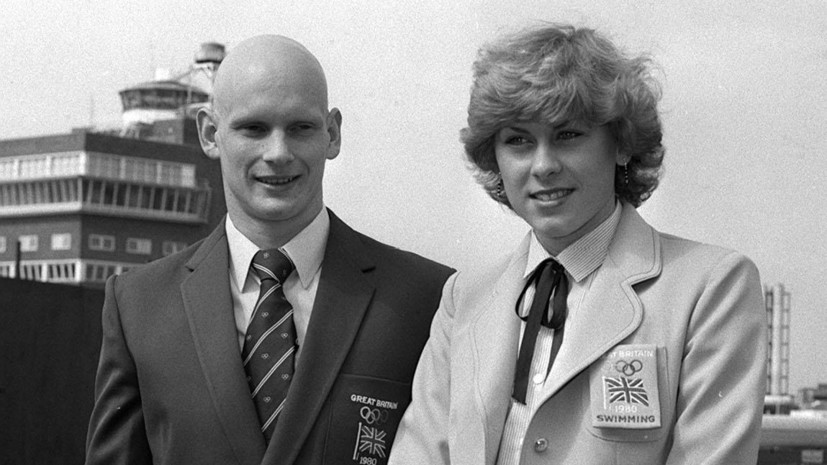The International Swimming Federation (FINA) may consider adding additional awards to athletes who have lost to doping opponents in the past.
The organization intends to revise the results of the 1980 Olympic Games in Moscow due to the fact that many medals were won by representatives of the GDR, who systematically took steroids to improve their results.
The new FINA president, Hussein Al-Musallam, who took office this summer, spoke about such plans.
In a conversation with The Times, he expressed his intention to launch a "reconciliation process" so that athletes who were victims of unfair struggle would receive compensation in the form of medals that they could not win.
The same is said in the official statement of FINA, which was distributed by the BBC.
“FINA understands the concerns of athletes who competed with those who were subsequently proven to be doping.
Athletes work all their lives for only one chance to compete for a medal, let alone win it.
When they are denied an award for which they have worked so hard, FINA must do everything it can to fix it, ”the organization said.
According to the Kuwaiti functionary, so far this is just an idea that will be seriously discussed only after the appearance in swimming of an independent body to combat illegal actions, similar to the one that has existed in athletics for several years.
Al-Musallam also stressed that the presentation of new Olympic medals will require approval from the International Olympic Committee (IOC).
Thus, FINA wants to clean up its reputation, which has been damaged by various doping scandals. In particular, due to the presentation of the award for merit for swimming to Lotaru Kipke, one of the leaders of the doping program in the GDR, as a result of which many athletes from this country were able to achieve success in competitions due to the intake of prohibited substances. Al-Musallam stated that this attitude towards Kipk is a problem for water sports.
The idea of giving athletes additional awards, even if several decades have passed after the competition, was supported by the British swimmer Sherron Davis. In 1980, at the age of 17, she participated in the 400-meter complex swimming and took second place after the representative of the GDR Petra Schneider. The German athlete then won with a new world record of 4: 36.29. Davis lost more than ten seconds to her.
Years later, Schneider admitted to doping throughout her career and called for her last world record in the 400-meter complex to be canceled, which is still Germany's record. She did not hide the use of steroids and Rika Reinish, who won two individual gold medals in Moscow and was forced to end her career at the age of 16 due to complications caused by taking illegal drugs. In total, swimmers from the GDR won 24 personal medals out of 33 possible at that Olympics, and also won gold in both relay races.
According to Davis, there is no need to redistribute awards, as is usually the case in the event of an athlete's disqualification.
She does not want athletes from the GDR to return medals, since they themselves often suffered from systematic doping and are also worthy of recognition.
The British swimmer considers giving two gold medals the best solution.
“It wasn't about the girls from the GDR.
It is right that the medals will remain with them.
They also became hostages of the system and its victims.
There was no excuse for what happened in the GDR, but I always believed that the people in the IOC and FINA, who were then supposed to protect the athletes, failed.
I'm glad to hear that they finally wanted to improve, ”Davis said.
Interestingly, Davis's father, who was her coach, once plated her Olympic silver medal with gold to emphasize that, according to the rules of fair play, it was she who was supposed to become the champion.
Schneider herself also reacted positively to the possible rewarding of rivals whom she beat thanks to doping, but at the same time made it clear that she wanted to leave this whole story in the past.
However, even if FINA approves the idea of awarding additional awards, the question of how exactly to determine who deserves them will remain open, since it will be extremely difficult to determine exactly in which cases the competitions were dishonest over the years.
In addition, the jurisdiction of FINA cannot extend to the Olympic Games, and here, as Al-Musallam noted, the IOC's sanction will be required separately.

